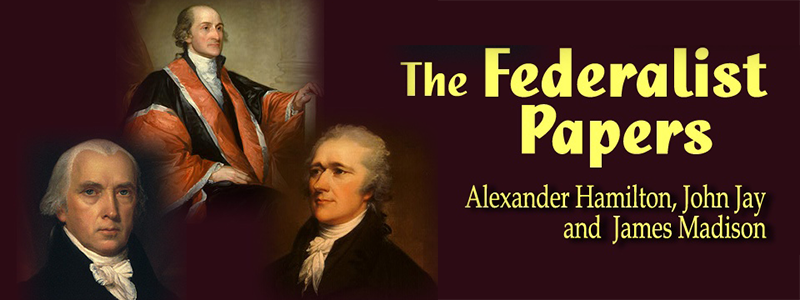Regardless of Political Party, We LIve in a Republic!
Recently, the Silicon Valley Business Journal had an informal poll as follows: “California has more than 100 possible ballot questions this year. Does the bar need to be raised?” 57% of the respondents said “yes”. However, many of the folks making extended comments strongly supported government by initiative believing it was the ultimate expression of democracy, which they firmly stated was our form of government.
It would appear that these respondents, along with many others in California, have forgotten that the United States of America is a republic, and not a democracy; and by extension, so are our respective state governments. Our founding forefathers carefully and with great deliberation made that choice as they crafted our constitution. The various mechanisms for selecting representatives established by the Constitution were clearly intended to produce a republic, not a democracy. This is evident not only in the wording of the Pledge of Allegiance, but in the Constitution, itself, which declares that “The United States shall guarantee to every State in this Union a Republican Form of Government” (Article IV, Section 4).
What’s the difference? Simply put, a democracy is a form of government in which the people decide policy matters directly–through town hall meetings or by voting on ballot initiatives and referendums. A republic, on the other hand, is a system in which the people choose representatives who, in turn, make policy decisions on their behalf. (http://thisnation.com ). Writing of the merits of a representative form of government, James Madison observed that one of the most important differences between a democracy and a republic is “the delegation of the government [in a republic] to a small number of citizens elected by the rest.” The primary effect of such a scheme, Madison continued, was to “. . . refine and enlarge the public views by passing them through the medium of a chosen body of citizens whose wisdom may best discern the true interest of their country and whose patriotism and love of justice will be least likely to sacrifice it to temporary or partial considerations…” (Federalist No. 10). (http://thisnation.com/question/011.html )
Here in California, our budget and the very health of our state government are being held hostage to individual self-interests and extreme partisan politics. No one dare go contrary to either if they value their political careers. The values and views of their constituents are pushed into the background. Legislation is developed not to solve real problems or to enact responsible public policy; but rather, as a token of gamesmanship and a maneuver to position the party. The common good and duty are forgotten; wisdom and patriotism as envisioned by Madison and his colleagues are displaced by a herd mentality and the real or perceived need “to get along” with party leaders.
In its place, desperate voters construct ballot initiatives that reflect all kinds of views, needs, or issues. Voters feel estranged and so take government into their own hands. Voters watch in frustration as the fringe elements in both parties drive candidate selection or development of legislation, thereby alienating even more of the voting populous.
The voters in the middle of the bell curve – the majority – believe they have been abandoned by their representatives, so they struggle to bring good government through initiative. However, the nearly 100 ballot initiatives currently vying for a position on the California November ballot are beyond any reasonable expectation that voters could sort through the pros, cons, inter-relationships, and impacts of each initiative to cast an informed vote. We must return to the representative form of government envisioned by our forefathers: where and how will we find those we can believe in to represent us? original posted – February 27th, 2012

